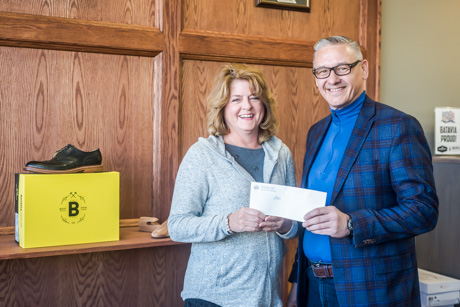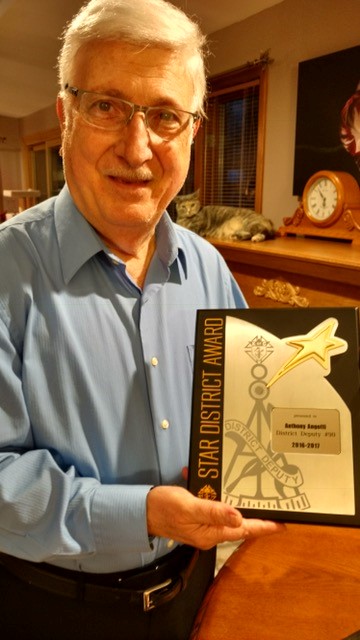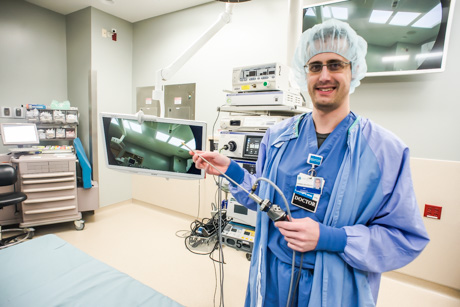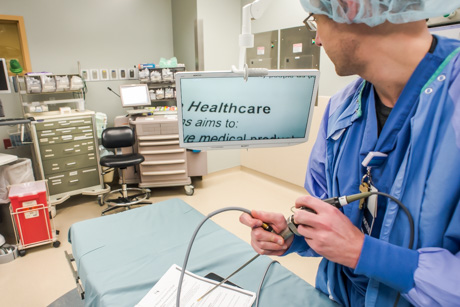While many Americans are worried about higher broadband costs or diminished service following the repeal by the FCC of "Net Neutrality" rules, customers of Empire Access can continue to count on unmetered, unthrottled, unlimited data, Bob VanDelinder, director of marketing for the company, told The Batavian today.
"The changes in net neutrality, we don't feel, will affect Empire Access because we still plan to keep the Internet open for our customers," VanDelinder said. "We will continue to offer unlimited data without content blocking, no throttling, and no paid prioritization. The customers on Empire Access should not see any changes."
Last week, the Federal Communications Commission overturned a 2014 rule known as Title II that prohibited Internet service providers from having tiered pricing plans, so-called "net neutrality."
The change has caused customers of Empire Access to call the company and express concern that their service will be changed and VanDelinder said they're all assured that there will be no changes. Soon the company will embark on a social media campaign to help spread that message. Customers will also receive an assurance of the company's commitment to unmetered service with the bills that will be mailed Jan. 1.
Proponents of net neutrality say the repeal of the law will mean restricted, or slower, bandwidth for customers or content providers who don't pony up extra cash.
Opponents of net neutrality say that Title II inhibits innovation and is holding back companies from making the investments necessary to provide faster broadband to more customers.
The idea of ISPs trying to squeeze more money from content providers is not without precedent. Prior to the 2014 rules, Comcast sought fees from Netflix and tacked on an extra charge for customers who streamed more Netflix shows and movies.
Empire Access doesn't know what its competitors might do following the rule change, VanDelinder said, but as far as Empire Access is concerned, nothing has changed.
"It's somewhat early yet to know what is going to take place with our competitors but as far as our stance on the ruling, it's our feeling that our customers come first," VanDelinder said. "We will continue to provide open access to our customers."
Over the past several years, Empire Access has been expanding throughout the Southern Tier and Western New York. It's an expansion plan that started before Title II was enacted, continued through the Title II era, and will continue going forward, VanDelinder said. Whether there is net neutrality or not, it doesn't slow down Empire Access's plan for expansion and innovation.
"We're a family-owned company," VanDelinder said. "We're a local company. What is best for the customer is really what we're striving to achieve to provide the best services."
Being a family-owned business has its advantages over larger competitors, such as Comcast, VanDelinder noted.
While Comcast sought more money to stream Netflix, it wasn't taking the same approach with Hulu, which is owned in part by Comcast.
"Our business is providing Internet, phone, television, and security services," VanDelinder said. "We don't necessarily have these conflicts like some of our competitors do."
Since Empire Access came to Batavia and Le Roy, local customers are in a unique position of having options. Nearly 60 percent of households in America have only one company to call for broadband service.
"One of the great things about operating in the towns, villages, and cities where we provide service is that we create competition," VanDelinder said. "Competition is good for the consumers."















